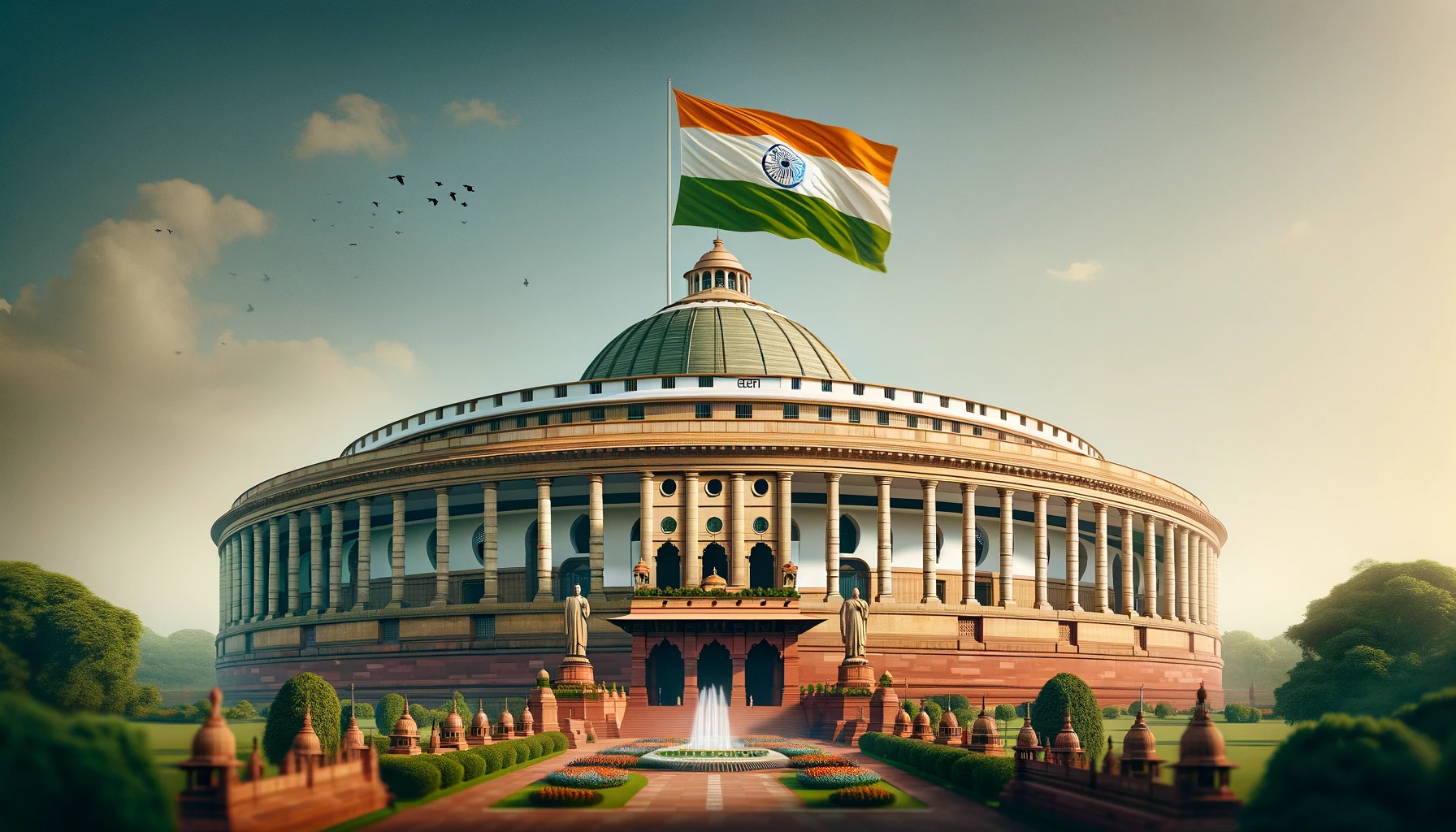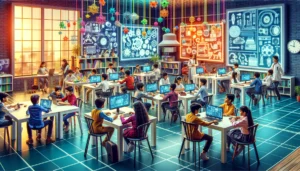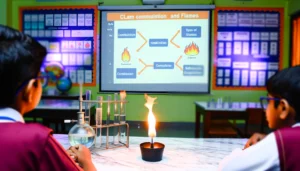Table of Contents
Why do we need Parliament: The Big Decision-Making House of Our Country
Introduction
Imagine your school having a super-important student council. This council isn’t just about organizing the sports meet; they make the BIG rules—things like uniform changes, what’s allowed at lunch, or how late the library stays open. That’s kind of like what Parliament is for our country! Understanding Parliament means knowing how the decisions that affect your life are made. It’s like peeking behind the curtain of how our country works.
The School Council Analogy
Think of your school’s student council. Each class elects representatives who meet, debate, and vote on issues facing the school. Parliament is similar, but on a massive scale. Instead of classrooms, members of Parliament (MPs) represent entire areas of the country. They come from different backgrounds and parties, bringing in all sorts of viewpoints. But, their core job is the same – to represent the people who elected them and work together for the good of the nation.
What Does Parliament Do?
Making laws: Parliament is like a giant law factory. They discuss, debate, and create laws that apply to everyone in the country. These can be about anything – taxes, environmental rules, education, you name it!
Overseeing the government: Parliament isn’t the boss of the government, but they keep it in check. They can ask tough questions of ministers, make sure money is spent wisely, and ensure the government runs smoothly.
Holding debates: MPs don’t just quietly vote. They argue, discuss, and debate crucial issues facing the nation. These debates can get heated, but they are essential for shaping laws and policies that work best for the country.
The Two Houses: Lok Sabha vs. Rajya Sabha
Parliament is split into two houses – think of them like two levels in the student council:
Lok Sabha (The House of the People):
These MPs are directly elected by citizens like you (well, when you turn 18!). It’s like the main student council with representatives from everywhere.
Rajya Sabha (The Council of States):
This is like a senior council. Its members are chosen by state governments, often with experience in different fields. They review laws passed by the Lok Sabha, making sure things are carefully considered.
Did you know? (Fun Facts)
India’s Parliament building is circular, symbolizing that all members are equal!
Some Parliament discussions have lasted for days on a single issue!
A Look Back: Why Do We Have A Parliament?
India’s Parliament didn’t just appear out of thin air. It was born from a long struggle for independence. Our leaders wanted a system where no single person or group held all the power. Parliament spreads power across representatives from all over the country, ensuring that the voices of ordinary people are heard.
The People in Parliament: MPs
MPs are like ‘supercharged class representatives’. They voice the concerns of the people who elected them. They might fight for new hospitals in their area, better transport links, or changes to school rules. A good MP works tirelessly to represent their people!
Teenager Analogy: Your Favorite Band
Think of Parliament like your favorite band. You have the lead singer (Prime Minister), musicians (ministers), and even managers and advisors. They have to work together to create great music (run the country!). Parliament is where they get feedback, argue over song choices, and make sure they’re staying true to their fans (the people!).
Conclusion
Parliament might seem far away, but its decisions can affect your school, your community, and your future. Understanding how it works makes you a more informed citizen and allows you to play a part in shaping the country you want to live in!W










Leave a Reply